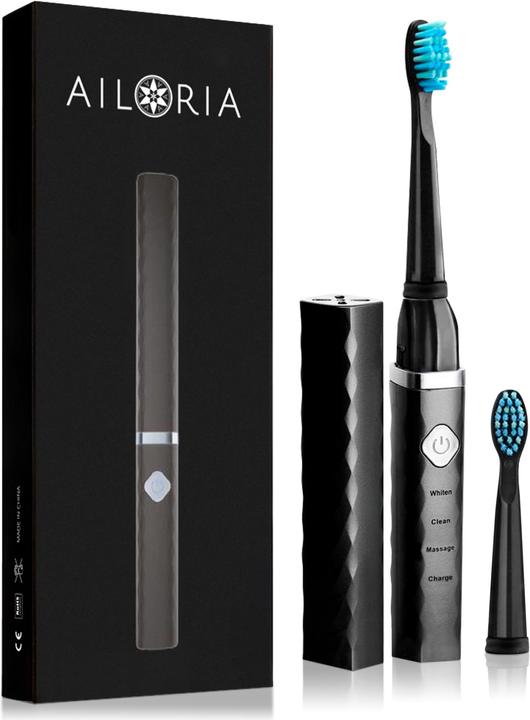

Previously unknown viruses discovered on toothbrushes and shower heads
Your bathroom as a source of medical innovation? A bit: researchers have found over 600 different viruses on toothbrushes and shower heads - many of which were previously unknown. They are harmless to humans, but potentially deadly to dangerous bacteria: a new means of combating antibiotic resistance?
Researchers find a whole host of new viruses - on toothbrushes and shower heads. 92 shower heads and 34 toothbrushes were enough to provide the scientists with a discovery of over 600 viruses.
A previously unknown risk of infection? Quite the opposite. Because the newcomers discovered are so-called mycobacteriophages. These are viruses that specifically infect certain bacteria. They not only leave humans alone, but could even help them in the fight against antibiotic resistance.
Unexpected discovery: previously unknown bacteriophages
The discovered viruses target bacteria, including those that cause diseases such as tuberculosis and leprosy. "We found many viruses that we know very little about and many others that we have never seen before," explains study leader Erica Hartmann from Northwestern University in Evanston. Interestingly, it turned out that every toothbrush and every shower head is like its own little island. The composition of the microbes varies greatly from sample to sample.
Hope in the fight against resistant germs
This discovery could be a breakthrough in the fight against antibiotic-resistant infections. Many of the phages found specifically infect mycobacteria, which are the cause of diseases such as leprosy and tuberculosis. Researchers see great potential in this for new treatment options.
Don't panic: Good hygiene is enough
Despite this diversity of microbes in the bathroom, there is no reason to panic and take hygiene measures. The scientists emphasise that good hygiene by regularly changing your toothbrush is completely sufficient. So you don't need to whip out any antimicrobial cleaning agents - quite the opposite: these agents could even promote the development of resistance. "The more you fight microbes with disinfectants, the more likely it is that they will develop resistance or become more difficult to treat," warns Hartmann. Most microbes in your bathroom are harmless and part of a natural balance. For your oral hygiene, it is sufficient to change your toothbrush(es) regularly.
Small helpers, big effect
What may sound unsettling at first glance could prove to be the key to solving one of the major medical problems of our time. So, next time you brush your teeth, remember: your toothbrush may be a reservoir for the medicine of the future.
15 people like this article
Science editor and biologist. I love animals and am fascinated by plants, their abilities and everything you can do with them. That's why my favourite place is always outside - somewhere in nature, preferably in my wild garden.

